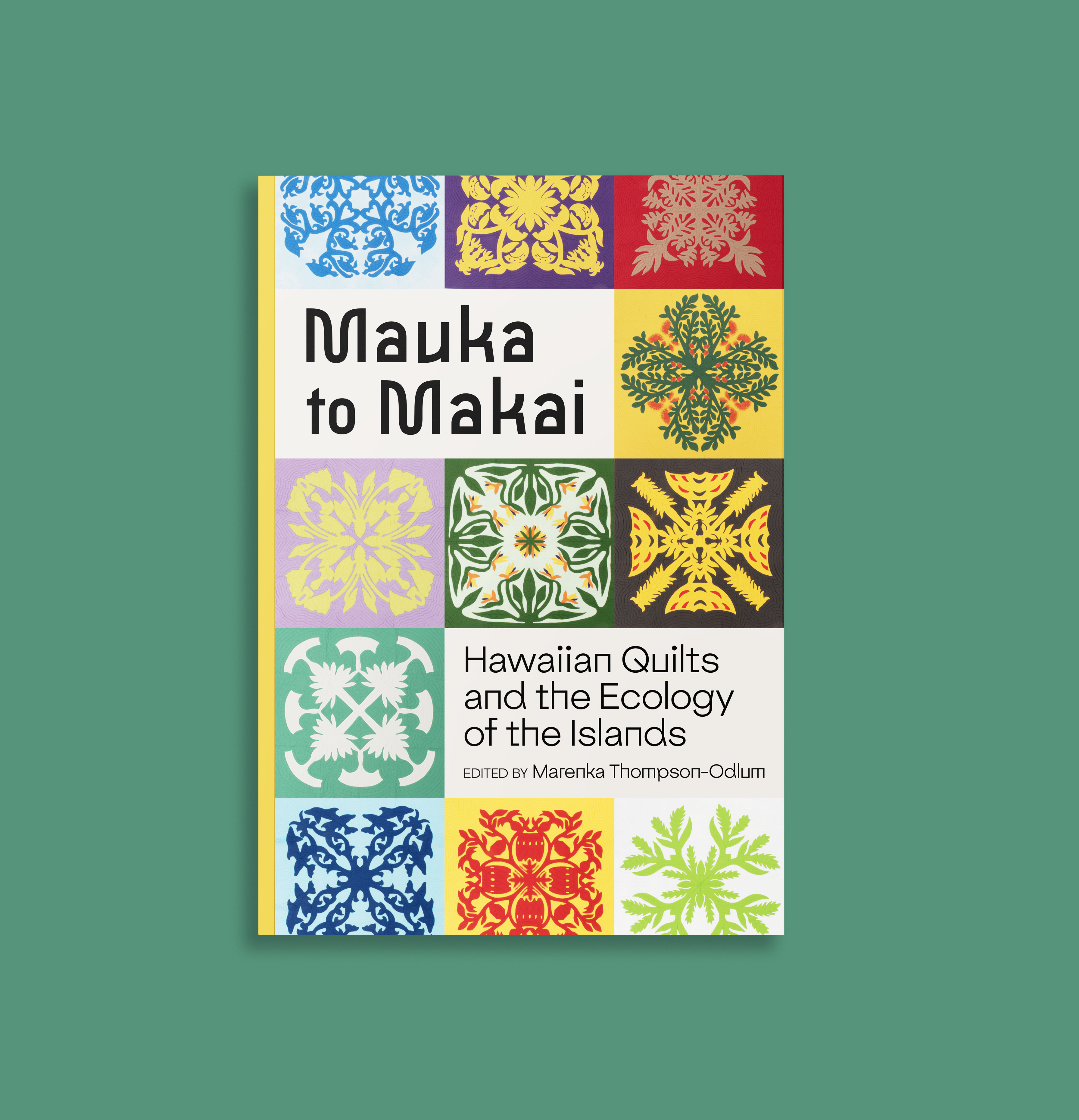
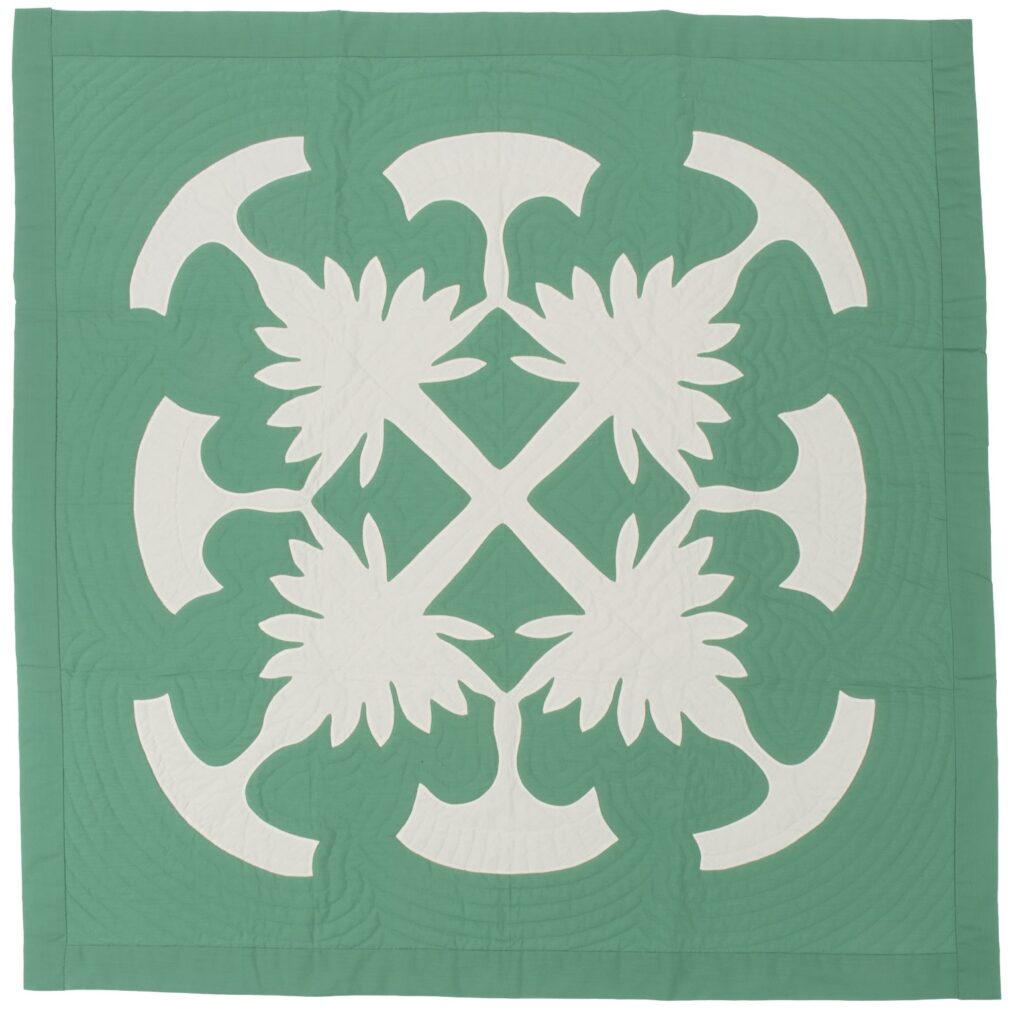
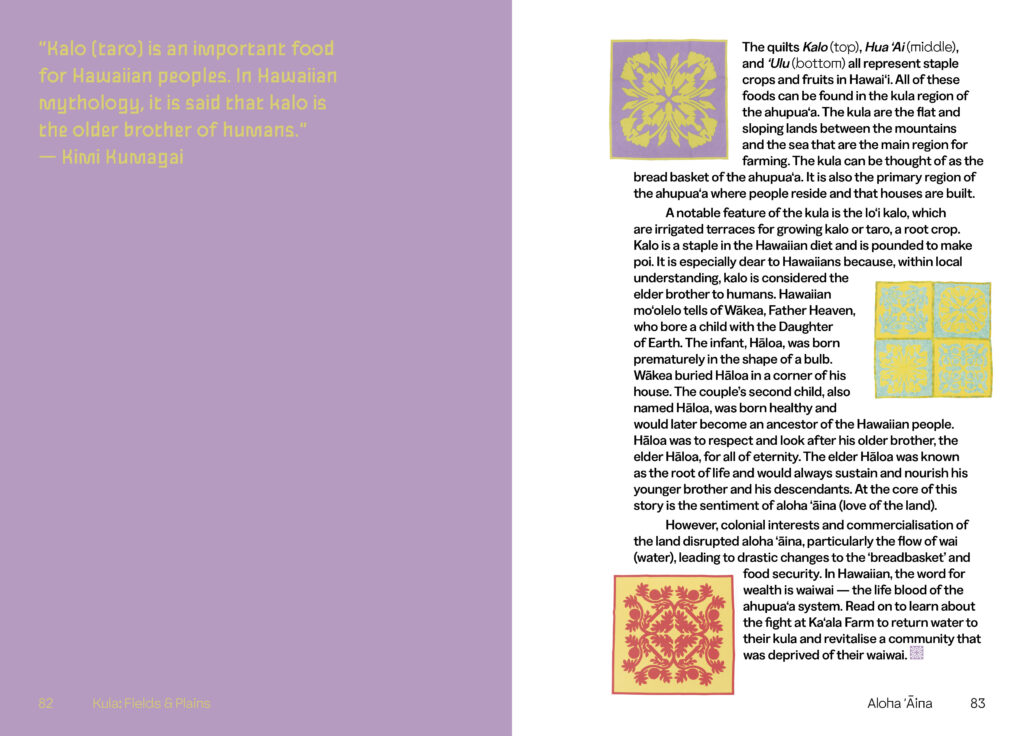
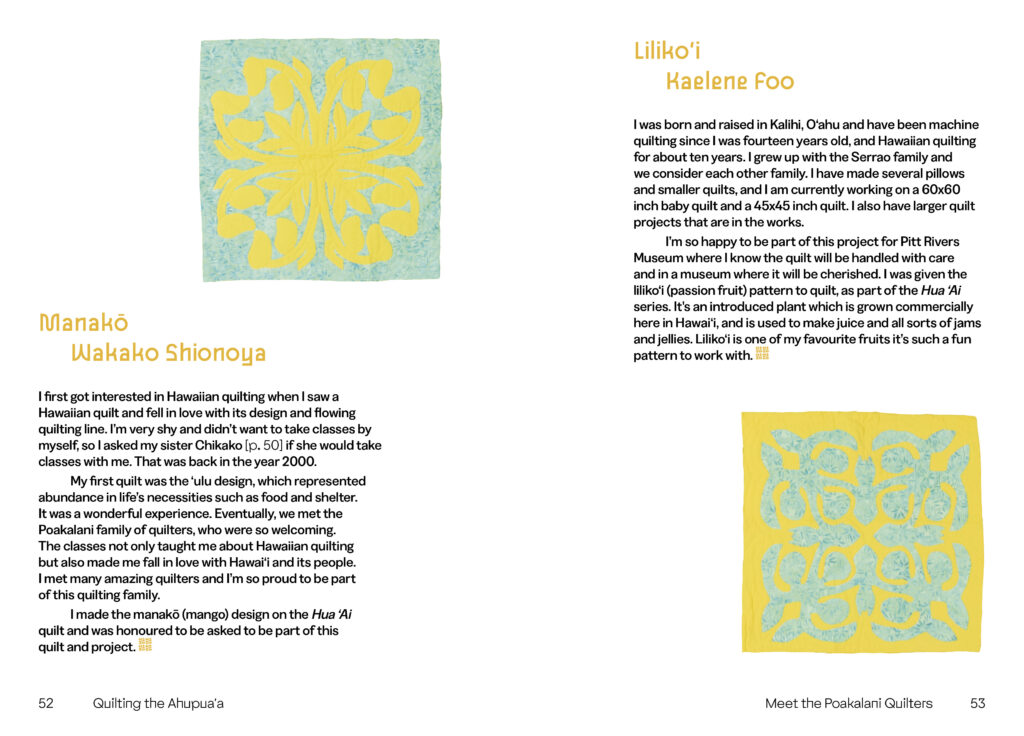
Join Tatter and Common Threads Press in conversation with research curator Marenka Thompson-Odlum as she explores the intimate relationship between Hawaiian quilts, post-colonialism and ecological disaster. Mauka to Makai: Hawaiian Quilts and the Ecology of the Islands traverses Hawai‘i through the Poakalani quilting group and fifteen extraordinary quilts, newly commissioned by Pitt Rivers Museum, University of Oxford.
The ahupua‘a is an ancient land division system — extending from the highest regions of Hawai‘i’s uplands (mauka) to the ocean (makai) — representative of the Hawaiian people’s sacred knowledge and reverence towards the environment. Once a thriving and finely balanced system, the colonization of the Hawaiian Islands coupled with the existential threat posed by the climate crisis has put the ahupua‘a severely at risk.
First established in 1972, the Poakalani quilting group continue to preserve the cultural legacy of Hawai‘i’s quilting tradition, sharing it with makers around the world. Featuring the stories behind the quilts and a glossary of Hawaiian words and phrases, alongside interviews with artists, activists, farmers and historians, Mauka to Makai: Hawaiian Quilts and the Ecology of the Islands pulls on the threads of connectivity shared by those who are using Indigenous Hawaiian philosophies of sustainable stewardship to revitalize the ahupua‘a.
Learn more about Common Threads Press here.
Date
Wednesday, July 31st, 2024
Time
3 – 4:30pm Eastern Time
Location
Zoom, a link will be sent to participants the day before the event.
Cost
Tickets for this event are sold on a sliding scale beginning at $10 with a suggested donation of $25, but if you wish to pay less or more than the suggested donation, you may select a different amount from the drop down menu.
You can purchase the book here or select “add-on book” from the drop down menu after adding your donation to cart.
As always, we are grateful for your support, which ensures the continuation and preservation of textile knowledge. Thank you for making this series possible.
Tatter Library is a registered 501(c)3. Our speaker series is part of our community programming and proceeds support the continued success of our talks with artists, scholars, and historians we admire. For this event, all ticket proceeds will go towards keeping this series alive.
**This session will be recorded. A link to the recording will be emailed to all those who register following the live session.
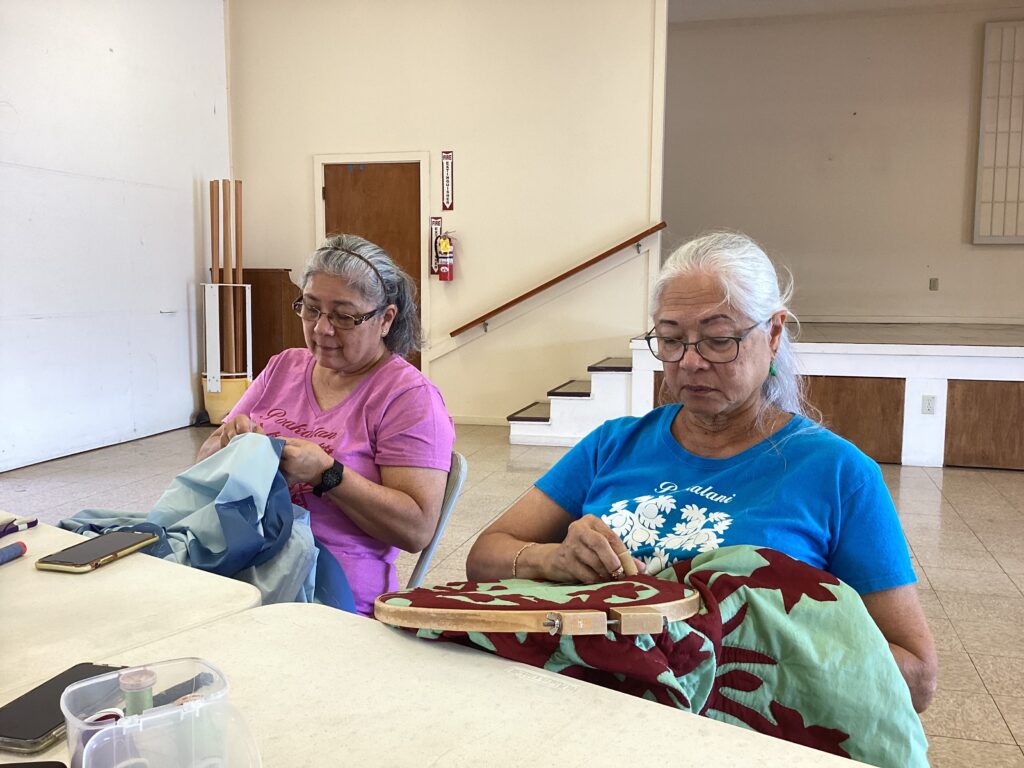
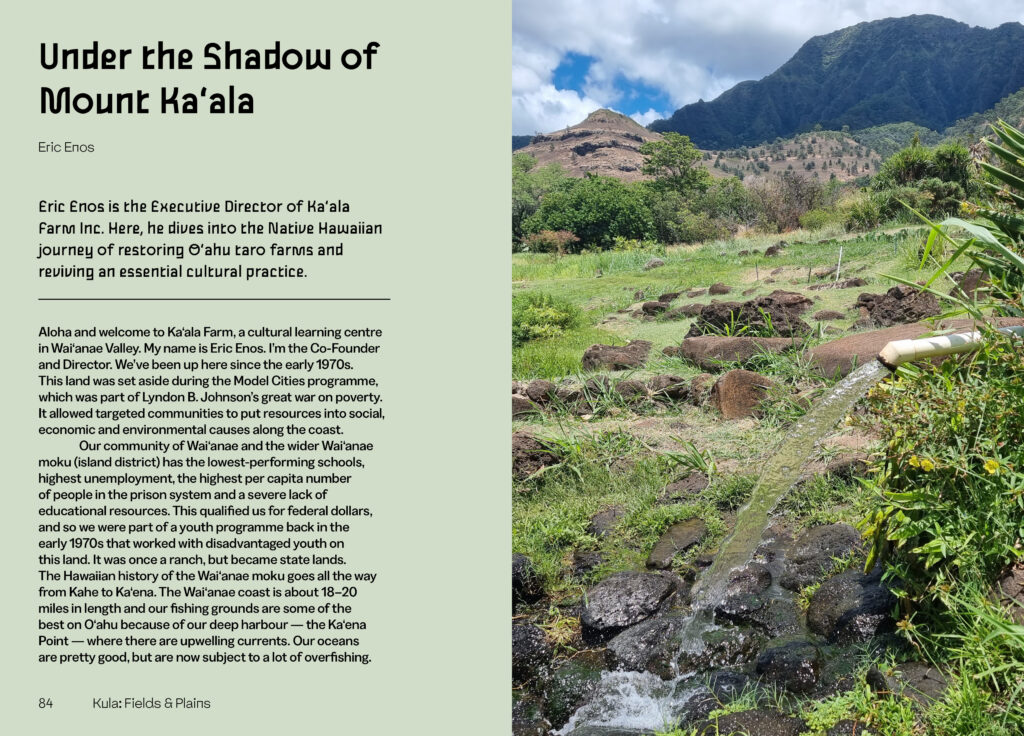
Meet the Speakers
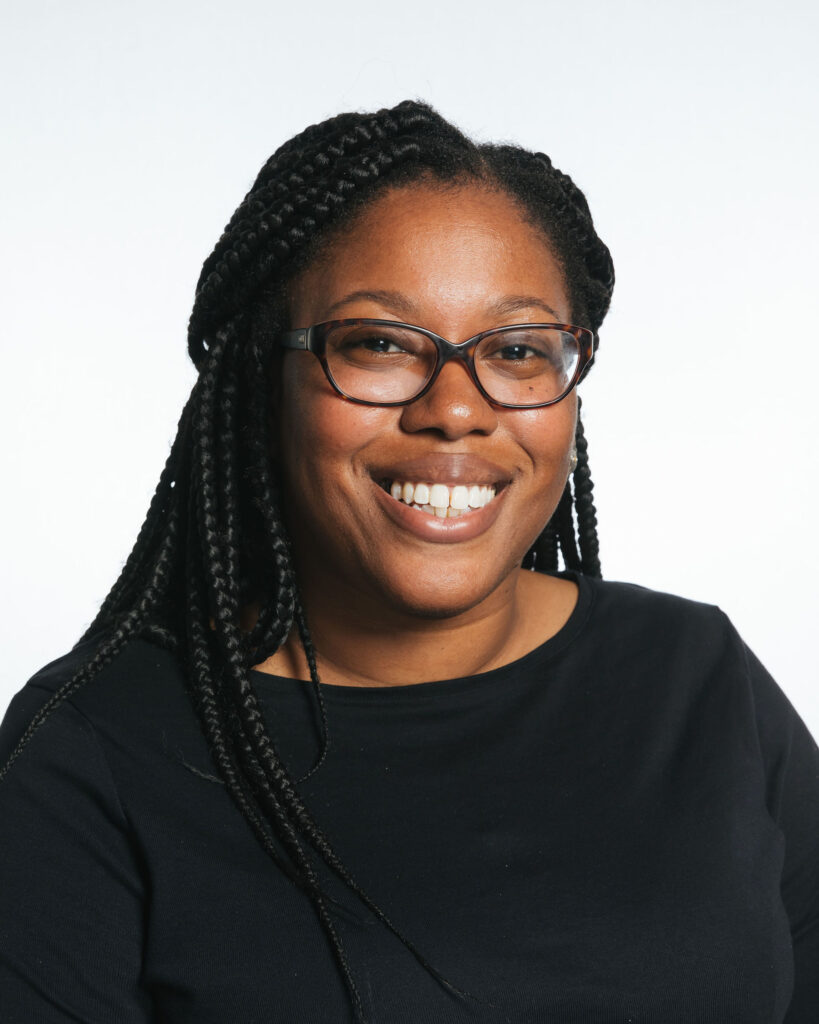
Marenka Thompson-Odlum is Research Curator (Critical Perspectives) at Pitt Rivers Museum, Oxford. She grew up in the Caribbean nation of St Lucia. At Pitt Rivers Museum, Marenka leads an Art Fund project to commission new objects for the Museum’s collections, build new relationships with indigenous communities, and enhance the Museum’s displays. This project has led her to work with artists and makers from the islands of Hawaiʻi, Haida Gwaii and Hokkaido. She is also the lead researcher on the Labelling Matters project, which investigates the problematic use of language within Pitt Rivers Museum’s displays and re-imagining the definition of a label with a decolonial lens. Her doctoral research at the University of Glasgow explored Glasgow’s role in the trans-Atlantic slave trade through the material culture housed at Glasgow Museums.
Marenka has notoriously (within the Poakalani quilting circle) been working on her very own 22×22 inch Hawaiian quilt for the last three years with the end nowhere in sight. Part of her curatorial practice is to understand the collections she helps care for by learning the methods through which they were made. This has led her to pound kapa (barkcloth) in the sunshine of Waimanalo, plant taro in shadow of Mount Kaʻala and birdwatching in the ʻōhiʻa lehua forest near the crater of Kīlauea. She hopes that compiling this book on Hawaiian quilts will inspire others and herself to learn about and continue this beautiful tradition.
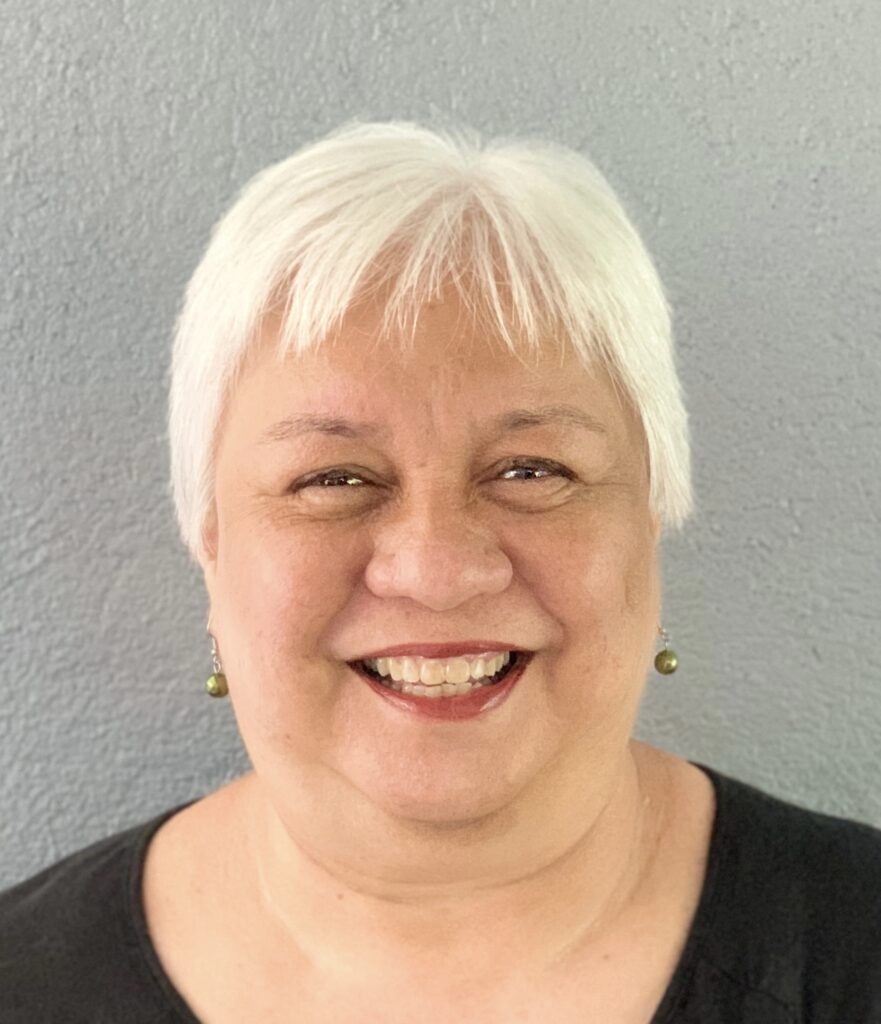
Cissy Serrao has been teaching the traditional art of Hawaiian Quilting by continuing the Poakalani Hawaiian Quilt class that was founded by her parents John and Althea Poakalani Serrao in 1972. She lives by her family’s mission statement, To preserve, protect and appreciate the cultural legacy of Hawaii’s quilting tradition and to teach it to anyone who wants to learn. Besides teaching weekly class, Cissy has expanded to Zoom classes and workshops. Cissy is recognized for her expertise in all things “Hawaiian Quilting”. Cissy’s students learn the techniques of Hawaiian quilting as well as what makes Hawaii unique by experiencing Hawaii’s values system of hospitality and aloha.
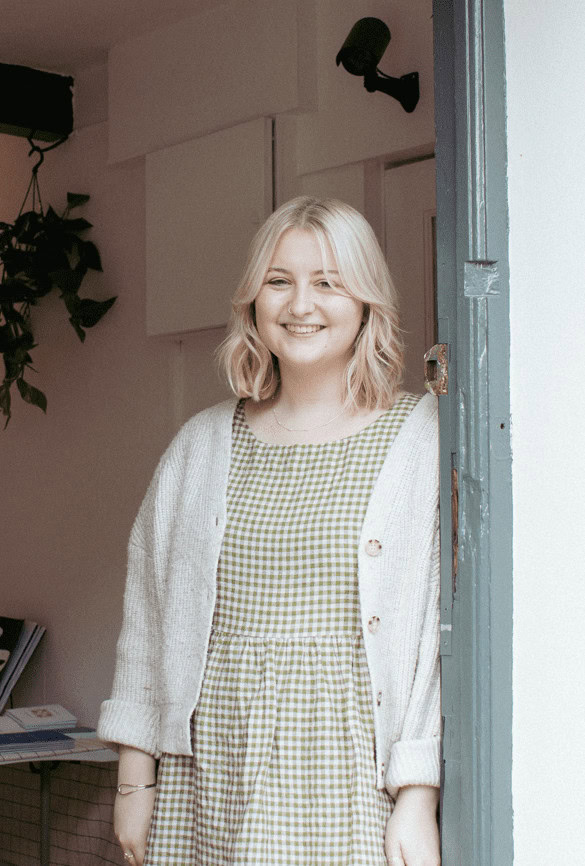
Laura Moseley is the Assistant Curator of the Women’s Art Collection, University of Cambridge and the founder of Common Threads Press.
Laura has an BA in History of Art from the University of York, winning the dissertation prize for the thesis ‘Indigenous and Modern Textiles: Ancient America in the Work of Anni Albers and Cecilia Vicuna’ and an MA from University College London in History of Art, also winning the dissertation prize for the thesis ‘A Diary of Touch: Rhetorics of Queer Identity in Contemporary Quilting Practices’.
Common Threads Press was established as Laura finished her BA, upon recognition that it was possible to realise a world of art history that was open to people from all research areas, backgrounds and financial situations, rather than a select few.
Laura has worked with arts and cultural organisations including the Norwich Castle Museum, Latitude Festival, and Cardiff University on projects related to social art histories, activist materials and political textiles.
